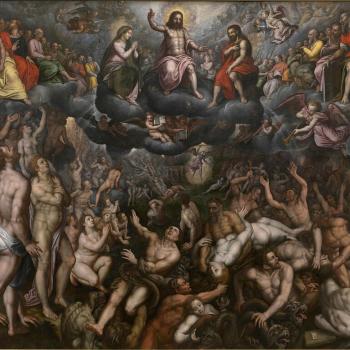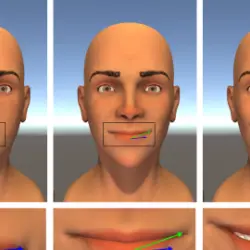Reincarnation is one of the central beliefs of Buddhism, though most Buddhists refer to it as transmigration or simply rebirth. Because one of the central tenets of Buddhism is that the self is an illusion, it does not teach that there is a soul that takes on different bodies, which is the common understanding of reincarnation. Rather, there is conglomeration of phenomena that constitute the “self” and that reiterate, or transmigrate, through time. Reincarnation/transmigration is one of two options at death; the other is nirvana. (Some Buddhist traditions believe that there may be a “holding place” after death and before rebirth.) Nirvana is not a place, like “heaven” or “hell,” but a cessation of existence, the release from the endless cycles of rebirth and death.
Buddhism teaches that every person is trapped in these cycles, called samsara. Ignorance, karma, illusions, and false notions of the self perpetuate these cycles. Each life reaps the karmic accumulation of deeds—good and bad—from earlier lives. Karma is the moral natural law that shapes each life experience. Evil practices or good habits in one life create a karmic reality in the next life. Each rebirth may take a person into better or worse life situations, making the achievement of enlightenment more or less likely.
Samsara continues until the individual achieves enlightenment, or Buddhahood. Enlightenment is that state of clarity about true reality and the non-existence of the self. It comes through gaining merit through such practices as meditation, study of the dharma, supporting Buddhist monasteries, offering incense, and, in some cultures, going on pilgrimages to various Buddhist shrines. Eventually, the enlightened shed all karma, thus achieving Buddhahood and escaping samsara. Those who achieve Buddhahood are those who understand the illusions of the self, and thus experience nirvana when they die.
Reincarnation and karma’s effects on one’s rebirth are central tenets of Buddhism. One cannot truly be a Buddhist without believing in those ideas. Even Buddhists who do not see themselves as likely to attain enlightenment in this lifetime place a heavy emphasis on reincarnation and karma. As such, many Buddhists aim to accumulate enough merit or good karma in this life to be reincarnated into either a more pleasant next life or a life that will give them a better chance of reaching enlightenment.
In some Buddhist traditions, certain individuals who have attained enlightenment may choose not to enter nirvana. Instead, they may opt for yet further cycles of reincarnation so that they may continue to help others find enlightenment. These are called bodhisattvas and often become revered objects of devotion.
Pure Land Buddhism teaches that the individual can gain enough merit to be reborn into the Pure Land, a celestial realm where the Amitabha Buddha and bodhisattvas make the achievement of enlightenment more pleasant and more possible. Those reborn into the Pure Land may have escaped samsara, but they have not yet reached nirvana and must continue to seek enlightenment.
Read more about Buddhist concepts of reincarnation here.
5/14/2024 8:29:22 PM










